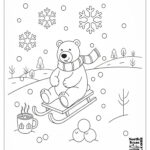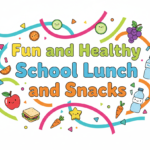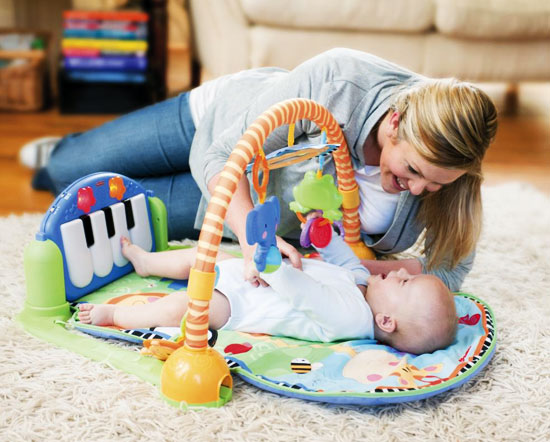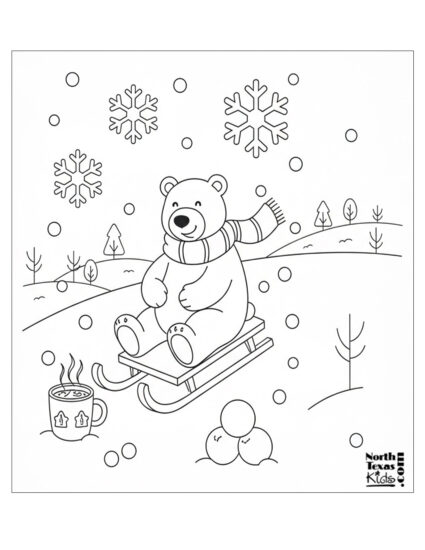‘Me Time’ for Mom
Making Time for YOU is Essential to Good Parenting
By Amy Egan
When we are pregnant, have a new baby, and into the child’s toddlerhood, we have to put our little one’s needs before our own. We put ourselves on the back burner–a necessary sacrifice we are often happy to make. Then, once our kids are about two years old, they tend to have not only needs, but wants, and lots of them. It becomes so important around this time to make sure we are fitting in some ‘me time’ for mom. Taking care of ourselves comes in many forms; getting our nails done, having dates with our spouse (especially important!), nurturing our social relationships and interests as well as having firm boundaries with our kids.
If you wonder what the benefits to our kids are by taking care of ourselves, check out a few I have listed below:


















